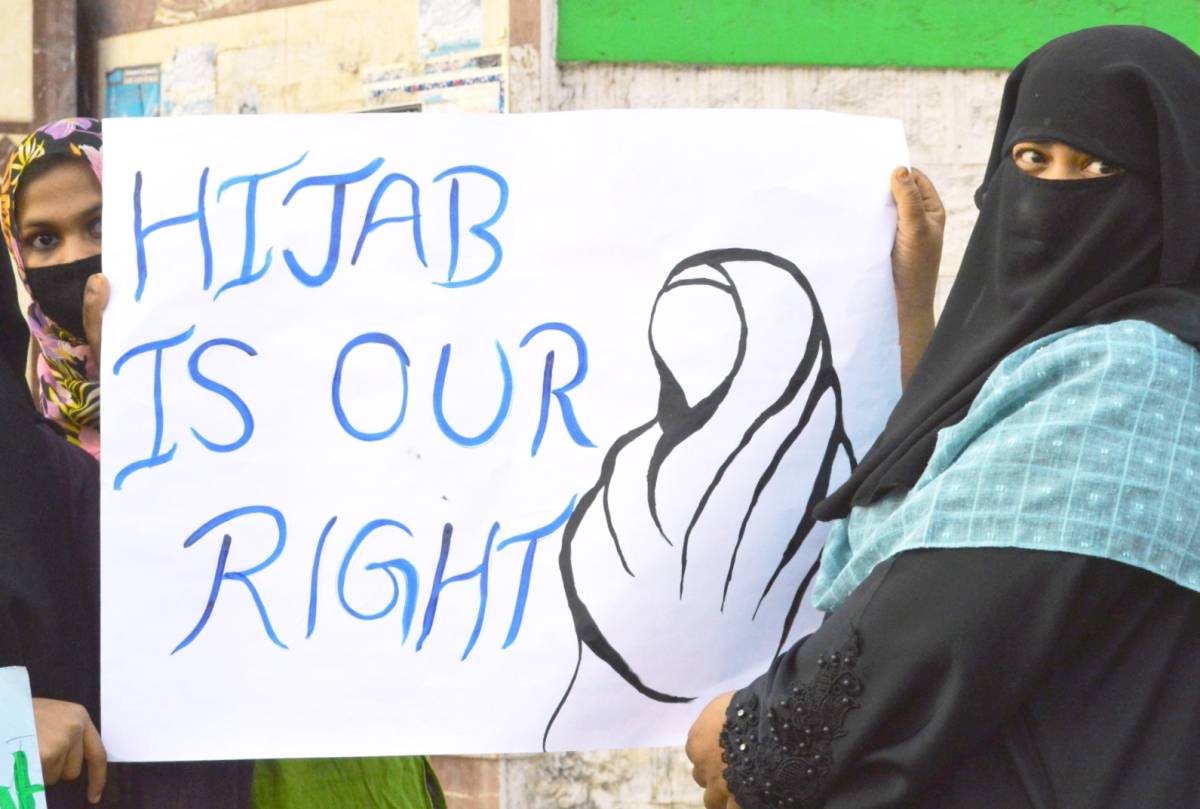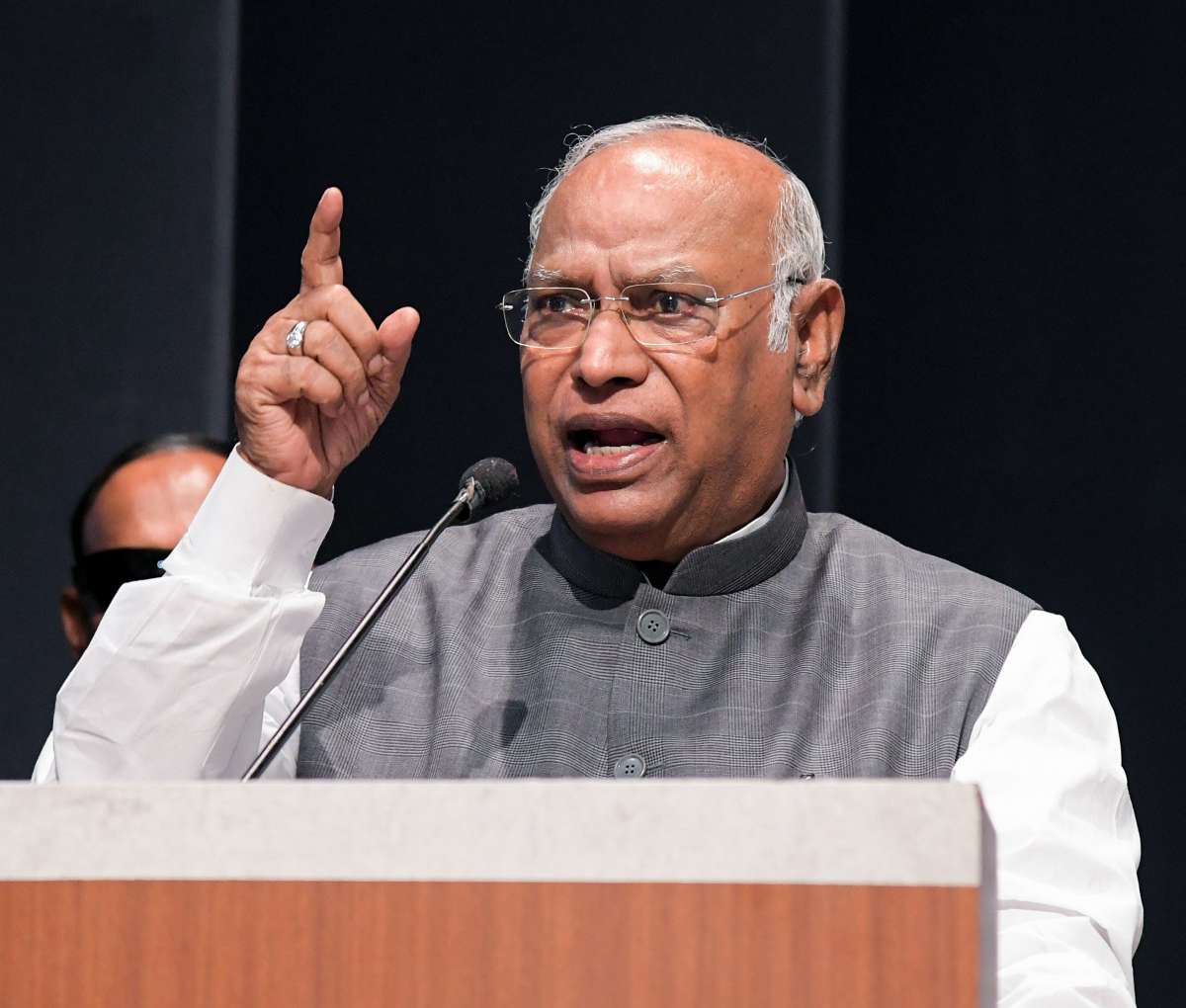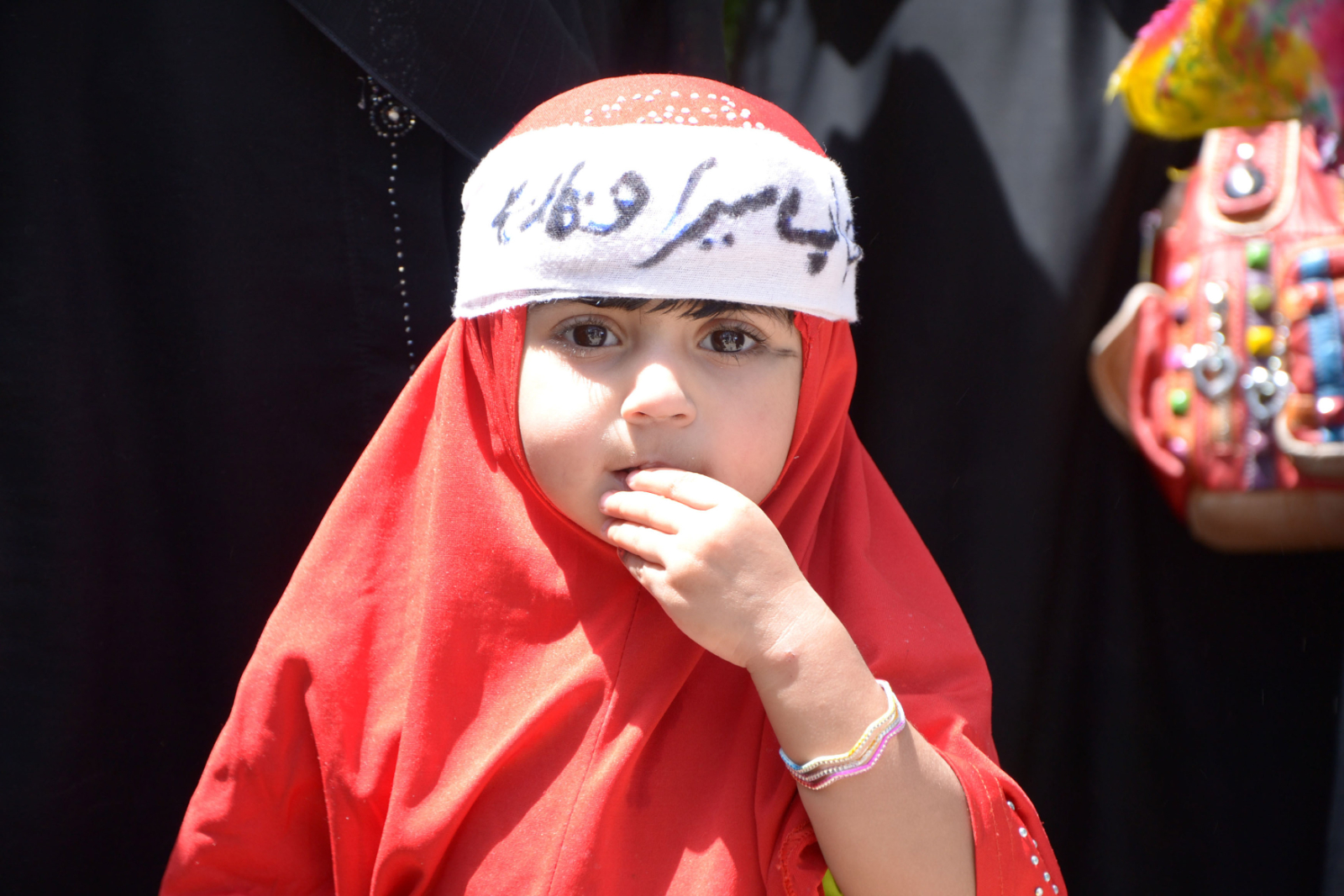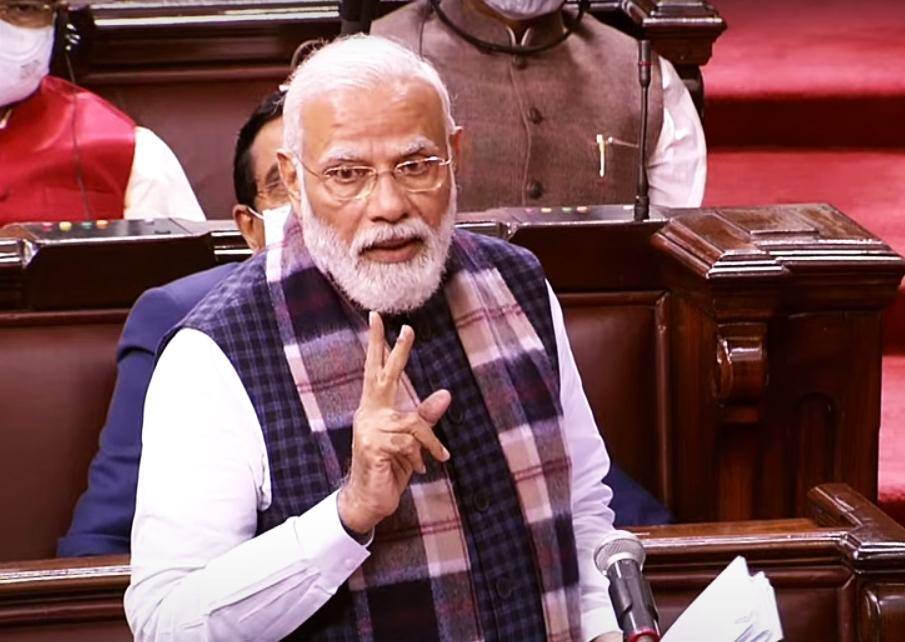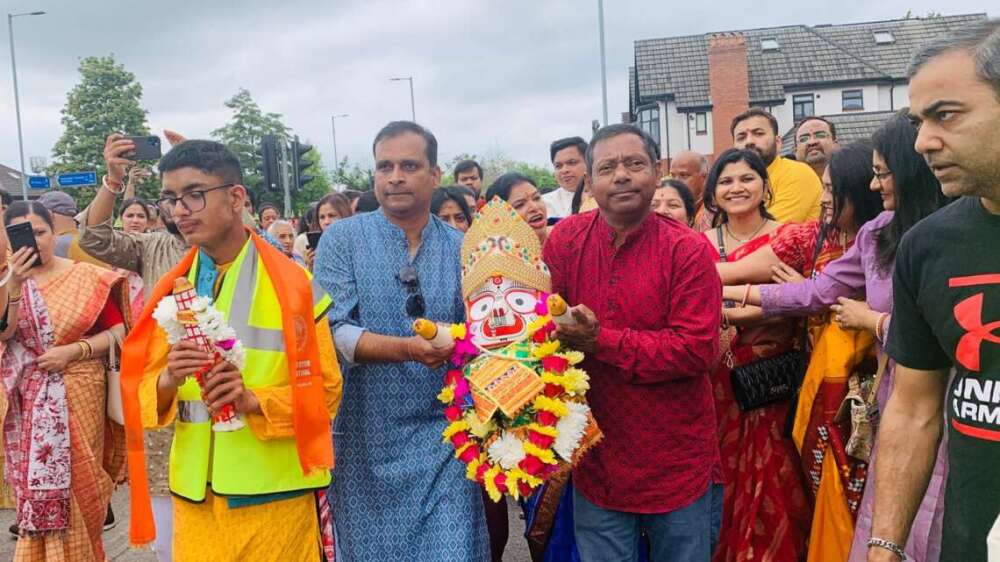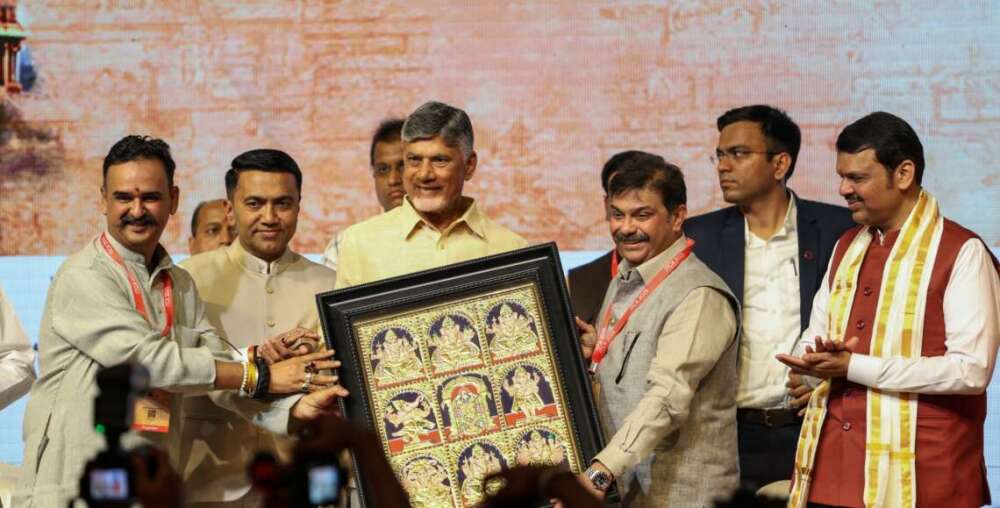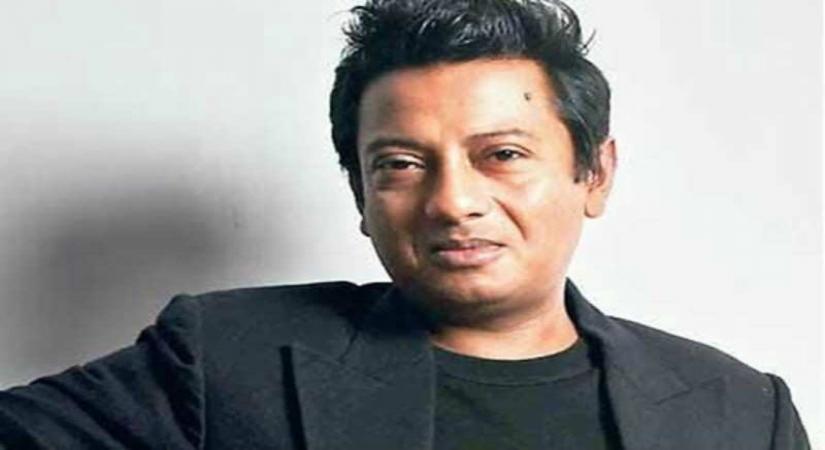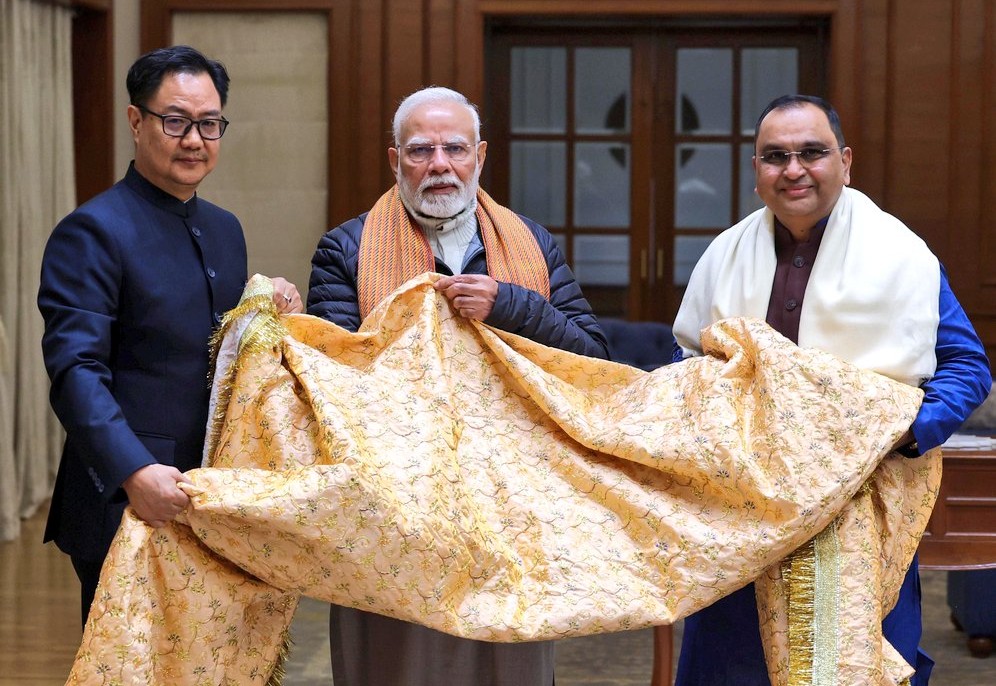India’s Constitution guarantees a person the freedom to practise their religion as a fundamental right, subject to certain restrictions. In the past, the courts have held that the right to wear a hijab would fall under the protections guaranteed by the Constitution, reports Asian Lite News
For the past three weeks, six Muslim students at the government-run Pre-University College for Girls in Karnataka’s Udupi have been denied entry into their classes because they wear hijabs.
The college claims that the headscarf violates the institution’s dress code. They have asked the girls to stop wearing the hijab if they want entry into class.
The students have been protesting this move. They claim that this violates their freedom of religion.
India’s Constitution guarantees a person the freedom to practise their religion as a fundamental right, subject to certain restrictions. In the past, the courts have held that the right to wear a hijab would fall under the protections guaranteed by the Constitution.
Here is what the courts have said when deciding on similar matters.
Article 25(1) of the Constitution guarantees the “freedom of conscience and the right freely to profess, practise and propagate religion”. However, like all fundamental rights, this is not absolute. The government can regulate it on grounds of public order, morality, health and other provisions in the fundamental rights chapter of the Constitution.
The Supreme Court has, over the years, held that the Constitution would only protect “essential religious practices”. Courts, after consulting religious texts and experts, determine whether a practice is essential or integral to a religion, and therefore, needs constitutional protection.
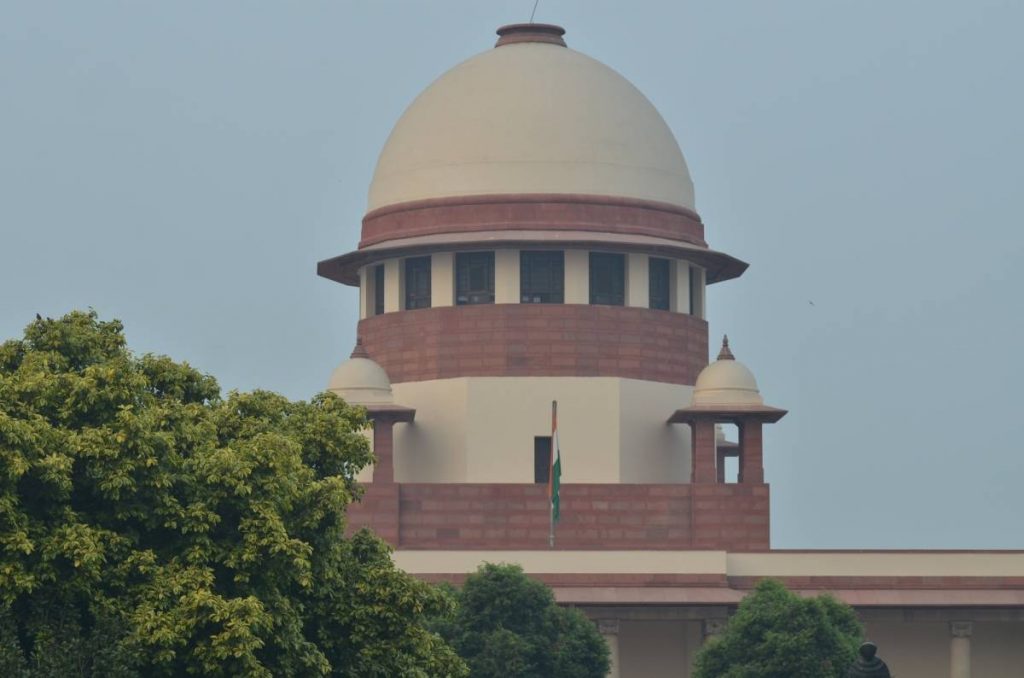
Similar cases about students wearing hijabs have already come before the Kerala High Court and the Supreme Court. Both these concerned the code for the All India Pre-Medical Entrance Test, which set a prescribed range clothing items to curb cheating prevent candidates from concealing study materials. This meant that Muslim students would not be able to wear hijabs or long-sleeve dresses.
In response, students petitioned the Kerala High Court, both in 2015 and 2016. On both occasions, the court allowed the students to take the exam while wearing hijabs.
What does the Quran say?
In 2016, the Kerala High Court examined the Quran and the Hadith (the teachings of Prophet Mohammad) to see if wearing a hijab and long-sleeved dress is essential to the faith of a Muslim woman. It held that an analysis of these texts showed that covering the head and wearing long-sleeved dress is a religious duty. Exposing the body otherwise is forbidden. Thus, this forms an “essential part of the Islamic religion”.
The court noted that this manner of dressing does not offend public order, morality or health, nor does it hamper other fundamental rights guaranteed by the Constitution.

The court added that since there may be legitimate concerns of cheating as a result of this manner of clothing, a female invigilator could frisk the candidates. To facilitate this, it asked the candidates wearing hijabs to arrive half an hour before the scheduled time.
The previous year, in 2015, the Kerala High Court had dealt with a similar case. It arrived at the same conclusion. It noted that in a diverse country like India, “it cannot be insisted that a particular dress code be followed failing which a student would be prohibited from sitting for the examinations”.
In 2016, the Supreme Court heard a plea by a Muslim man who wanted to wear a beard while serving in the Indian Air Force. The service regulations stated that no Armed Forces personnel are allowed to have facial hair except if their religion prohibits the cutting or shaving of hair. The court, during the hearings, asked Salman Khurshid, a senior advocate, if Islam prohibits cutting of hair or shaving of facial hair. Khurshid said that there were varying interpretations, out of which one said that it is “desirable” to have a beard.
The court did not allow the man to keep his beard, saying that no proof was placed before it to show that his religion prohibited shaving. In addition to this, the court observed that the object and purpose of regulating personal appearance is to “ensure uniformity, cohesiveness, discipline and order” which are indispensable to the armed forces.
However, this was in the context of the armed forces. The Constitution carves out a specific exception, under Article 33, which says that the Parliament can modify the application of fundamental rights to members of the armed forces to ensure proper discharge of their duties and maintain discipline among them.
Religion in schools
The courts have also dealt with cases where students have been expelled from schools for following their religious practices. In 1985, three students, belonging to the Christian sect of Jehovah’s Witnesses were expelled from school after they refused to sing the national anthem. They argued that this went against their religious faith.
The students contended that their faith did not permit them to followed any rituals except praying to God. However, they stood up to show their respect for the national anthem.
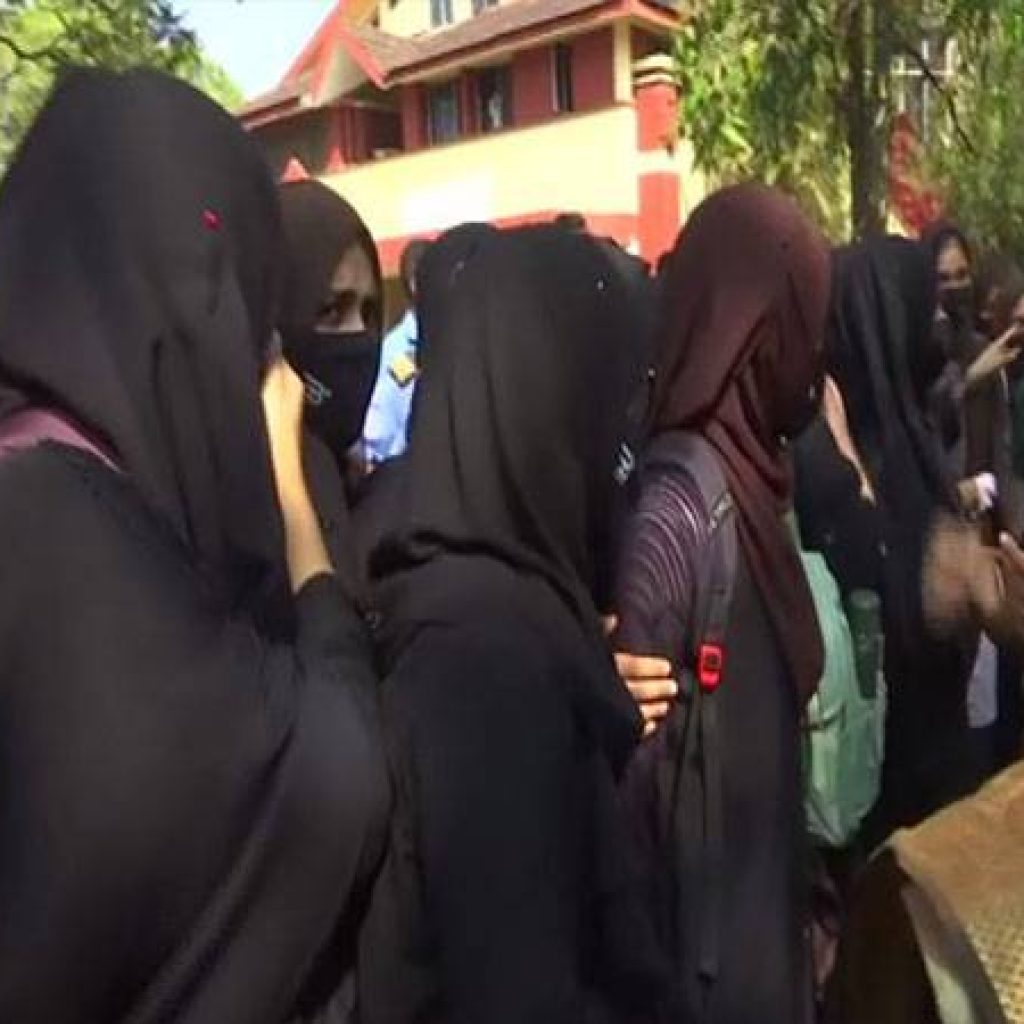
The Supreme Court held that the expulsion violated the student’s freedom of expression and their right to practise religion. The court noted that even though the beliefs of Jehovah’s Witnesses may appear unusual, “the sincerity of their beliefs is beyond question”.
Further, the court said that there was no law that mandated the singing of the national anthem. The Constitution only mentions that all Indian citizens should respect the national anthem, which the students did by standing up for it.
ALSO READ-Girls being denied right to education in Afghanistan, Pak, PoK: J&K women


